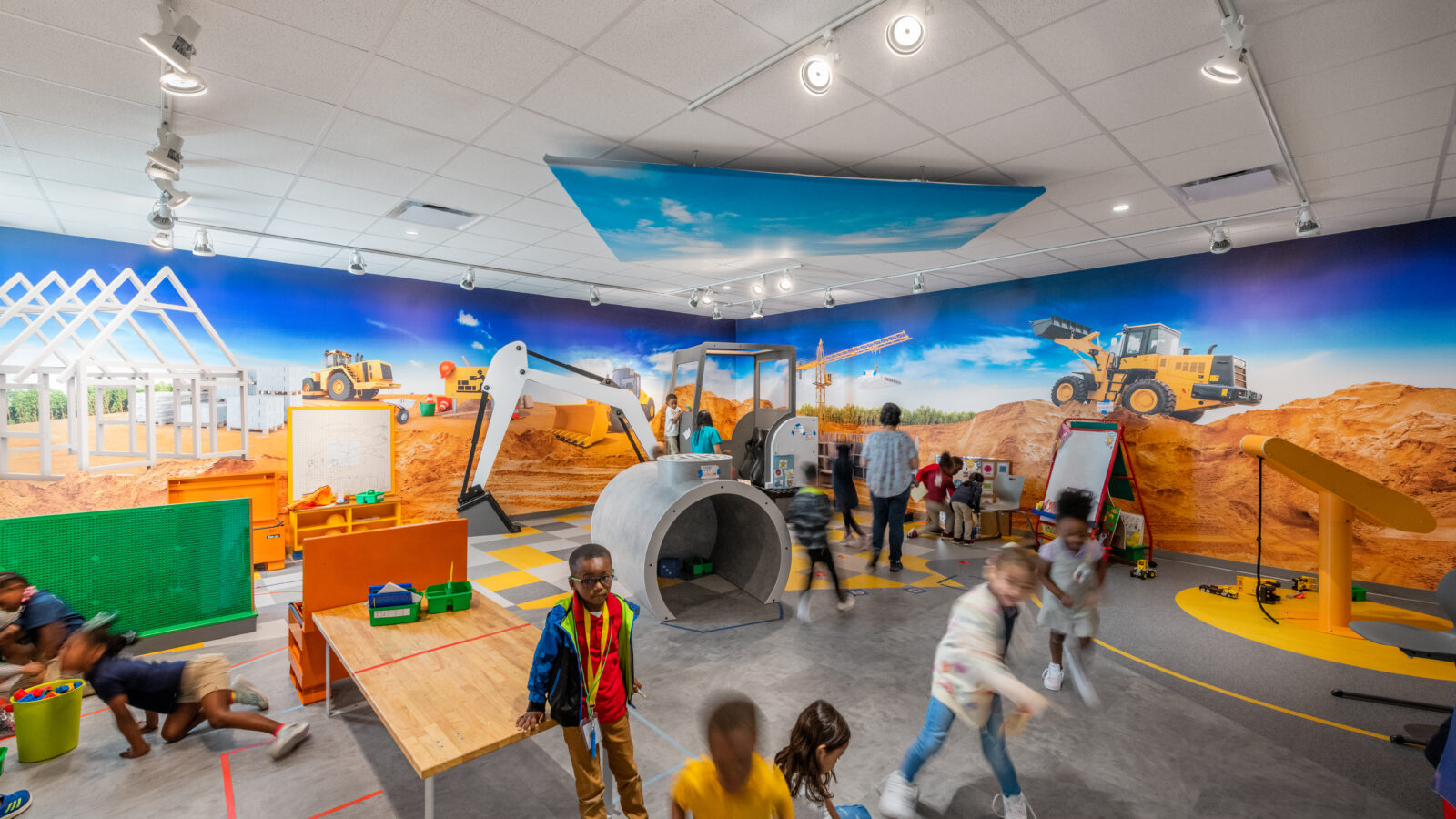
Early childhood education plays a crucial role in shaping a child's development and future success. Early learning centers provide the necessary environment for children to learn, grow, and thrive. From play-based activities to structured learning experiences, these centers offer a range of opportunities for children to explore, discover, and develop essential skills that will benefit them throughout their lives.
The Importance of Early Learning Centers
Benefits of Early Learning Centers
- Early learning centers provide a safe and nurturing environment for children to learn and explore.
- These centers offer a structured curriculum that focuses on early literacy, numeracy, and social skills development.
- Children have the opportunity to interact with their peers, develop relationships, and learn valuable social skills.
- The early learning center in Ryde help children develop a love for learning and set a strong foundation for future academic success.
- These centers also support working parents by providing a reliable and high-quality childcare option.
Play-Based Learning in Early Learning Centers
The Role of Play in Childhood Development
Play is a fundamental aspect of childhood development and learning. It allows children to explore their environment, develop their imagination, and learn important cognitive and social skills. Play-based learning in early learning centers is an effective way to engage children in meaningful activities while promoting their overall development.
Types of Play in Early Learning Centers
- Imaginative play: Children engage in role-playing and use their imagination to create scenarios and stories.
- Constructive play: Children use building blocks, puzzles, and other materials to create and build structures.
- Physical play: Children engage in active play, such as running, jumping, and climbing, to develop their gross motor skills.
- Social play: Children interact with their peers, learn to take turns, and develop important social skills.
The Benefits of Play-Based Learning
- Play-based learning promotes creativity, problem-solving skills, and critical thinking abilities.
- Children learn to work collaboratively, communicate effectively, and develop empathy and understanding for others.
- Play-based learning fosters a love for learning and encourages children to explore and discover new things.
- Children develop important motor skills, cognitive abilities, and social-emotional competencies through play-based activities.
Progress through Play-Based Learning
Tracking Developmental Milestones
In early learning centers, educators carefully track and monitor children's developmental milestones to ensure that each child is progressing and reaching important developmental goals. Through observation and assessment, educators can identify areas where children may need additional support and tailor their learning experiences accordingly.
Individualized Learning Plans
Individualized learning plans are created for each child to support their unique needs, interests, and abilities. These plans outline specific goals, strategies, and activities to help children progress and reach their full potential. By providing personalized attention and support, early learning centers can help children thrive and succeed in their learning journey.
Parent Involvement in Progress
Parents play a crucial role in supporting their child's progress and development. Early learning centers involve parents in their child's learning experiences through regular communication, updates on progress, and opportunities to participate in activities and events. By working together with parents, educators can create a strong support system that benefits the child both at home and in the learning center.
Conclusion
Early learning centers play a vital role in childhood development by providing a nurturing environment where children can learn, grow, and thrive. Through play-based learning, structured activities, and individualized support, these centers help children develop essential skills and set a strong foundation for future success. By focusing on progress and promoting a love for learning, early learning centers play a crucial role in shaping the next generation of young learners.
